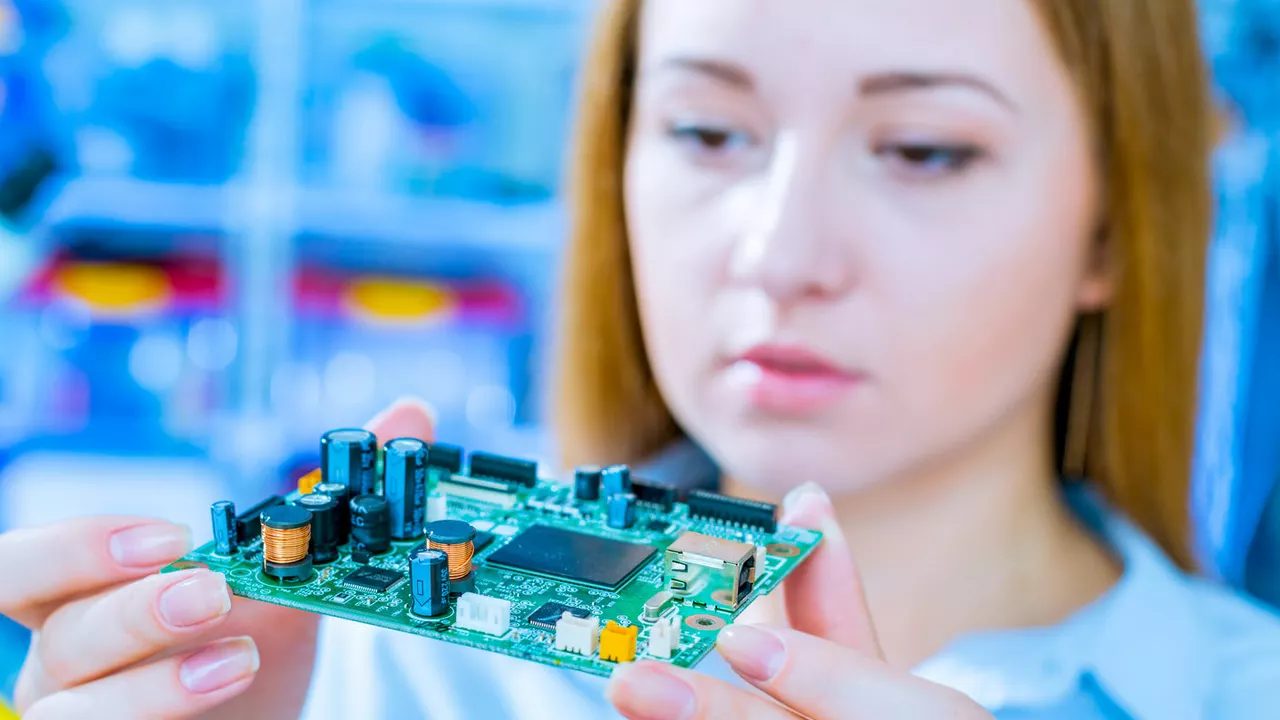The Science Behind Crystals in Electronics
Crystals have been significant in various fields, from jewelry to healthcare, but their role in electronic devices is often overlooked. Before we delve into the reasons why we use crystals in electronics, it's important to understand the science behind it. Crystals, in the realm of physics and chemistry, are solid materials whose atoms are arranged in a highly ordered, repeating pattern extending in all three spatial dimensions. This distinct structure results in unique properties that make crystals the perfect choice for several electronic applications.
Crystals and Frequency Control
One of the key reasons we use crystals in electronics is for frequency control. Specifically, quartz crystals are used in electronic devices to generate a steady, precise frequency. This is due to the piezoelectric property of quartz, which means it generates an electric charge when mechanical stress is applied. When electricity is applied to a quartz crystal, it vibrates at a precise and steady frequency, making it the perfect component for timekeeping and frequency control in devices like watches, radios, and televisions.
Piezoelectric Effect and Quartz Crystals
The piezoelectric effect is a unique property of certain materials that allows them to convert mechanical energy into electrical energy and vice versa. This property is highly beneficial in electronics, where precise energy conversion is critical. Quartz, a naturally occurring crystal, is a perfect example of a piezoelectric material. The piezoelectric properties of quartz make it ideal for use in devices like watches, clocks, radios, and many other electronic devices.
Crystals in Digital Devices
Crystals are not just used for frequency control; they also play a critical role in digital devices. Liquid crystal displays (LCDs), for instance, rely on the unique properties of liquid crystals to display information. Liquid crystals have properties that are between those of conventional liquids and those of solid crystals, which allows them to conduct electricity and respond to changes in temperature or electric fields. This makes them perfect for use in digital watches, computer monitors, and televisions.
Crystals in Data Storage
Crystals also play a crucial role in data storage. Optical data storage devices, such as CDs and DVDs, use a layer of crystalline material to store information. When a laser is shone onto the surface of the disc, the varying reflectivity of the crystalline layer encodes the binary data. This method of data storage is incredibly efficient and reliable, proving the importance of crystals in electronic devices.
Future of Crystals in Electronics
The use of crystals in electronic devices is not limited to the applications mentioned above. With the rapid advancements in technology, crystals are set to play an even bigger role in the future of electronics. For instance, researchers are exploring the use of crystals in quantum computing, a revolutionary technology that could transform the way we process information. This highlights the ongoing importance and relevance of crystals in the world of electronics.
So, there you have it! That's why we use crystals in electronic devices. From frequency control to data storage, the unique properties of crystals make them an invaluable component in a wide range of electronic applications. As technology continues to evolve, we can expect to see even more innovative uses for crystals in electronics.






